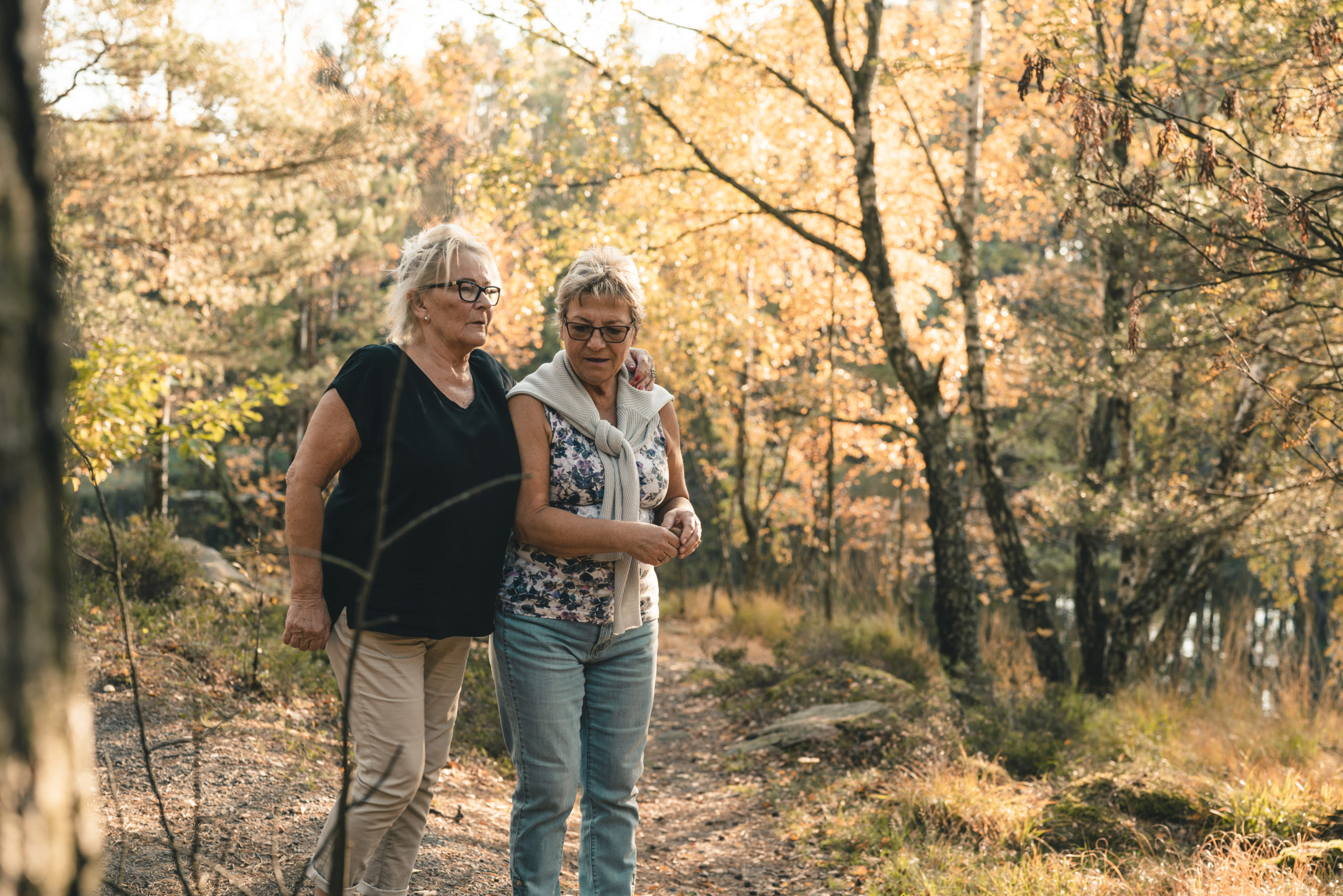This year’s World Alzheimer Report centres around the global landscape of post-diagnosis support and consists of case studies, shared experiences and expert essays, including ‘The impact of caregiving in the LGBTQ+ communities’ from Julien Rougerie of Fondation Émergence in assistance with Dr Shari Brotman.
In the lead up to the publication of the World Alzheimer Report on 21 September, we are sharing a preview of some of the report’s essays, with included additional introductions from the authors.
Julien writes: “When I started advocating for LGBTQ+ older adults I was really shocked to realize that, even in Canada, one of the most progressive countries in terms of recognition for sexual and gender diversity, most LGBTQ+ seniors tend to hide their sexual orientation or gender identity when navigating health and social services.”
“As an LGBTQ+ person myself, I quickly realized how severely it could impact their well-being and their ability to access theses fundamental services. It also affects their unpaid caregivers whether they are LGBTQ+ themselves or not. While some may have to provide extra care to compensate for the lack of inclusivity of external services, others may be struggling to be recognized as caregivers because they aren’t family-related.”
The impact of caregiving in the LGBTQ+ communities
When a loved one is diagnosed with dementia, or any other debilitating illness, LGBTQ+ caregivers experience the same realities as any other caregiver. However, being part of sexual and gender diversity can expose caregivers to additional challenges.
Many people who identify as a Lesbian, Gay, Bisexual, Trans, Queer and/or other sexual or gender minority (LGBTQ+) have experienced many forms of rejection, exclusion and discrimination over their life course. This is especially true for people who live in environments that are not LGBTQ+ friendly, such as may be the case for those who are part of communities that are rooted in conservative and/or traditional religious beliefs.
This is also true for a majority of LGBTQ+ older adults who spent most of their lives insocieties where sexual and gender diversity was considered a crime, a mental disease, or a sin, which was the case for most LGBTQ+ people prior to the development of political liberation movements, particularly in Western countries.
Even in Canada, one of the most progressive countries in terms of recognition for LGBTQ+ communities, rights and protections were granted to these communities only recently. As a result, most older LGBTQ+ people had to hide their sexual orientation or gender identity over the course of their lives in order to avoid arrest and incarceration, unwanted medical or psychiatric treatments, discrimination and rejection by their families, coworkers or society in general.
This life experience results in a fear of disclosing their sexual orientation or gender identity which may persist, even today, especially when they have to navigate through environments or services that aren’t inclusive.
In seniors’ residences for example, most LGBTQ+ residents tend to stay or go back “in the closet” to avoid the risk of exposure to discriminatory acts, isolation, harassment, mistreatment, ridicule, etc.
According to several studies on LGBTQ+ seniors, victimization, prejudice, loneliness and the constant stress of having to disclose or hide their sexual orientation or gender identity weakens their mental and physical health, in addition to affecting their ability to access health and social services.
When LGBTQ+ older adults fear discrimination in health and social care services, it constitutes an additional burden on themselves and their caregivers.

Indeed, caregivers, in seeking to avoid exposing the care recipient to the risk of discrimination, may have to avoid external services, be present more often and for longer periods, provide education to service providers to ensure an LGBTQ+ friendly environment and service provision and to negotiate conflicts and concerns as they arise.
LGBTQ+ caregivers experience the need to protect the care recipient from risk of discrimination, on the one hand, and, on the other hand, they are often more frequently solicited for support by older LGBTQ+ family and friends since older adults may be reluctant to use external services. In addition, LGBTQ+ carers may feel more isolated and invisible because they receive little help as carers from the health and social care system, and also because they care for LGBTQ+ seniors who tend to be isolated and invisible themselves.
It is important to note that they also tend not to identify as unpaid carers or be recognized as such within care partner support
organizations.


